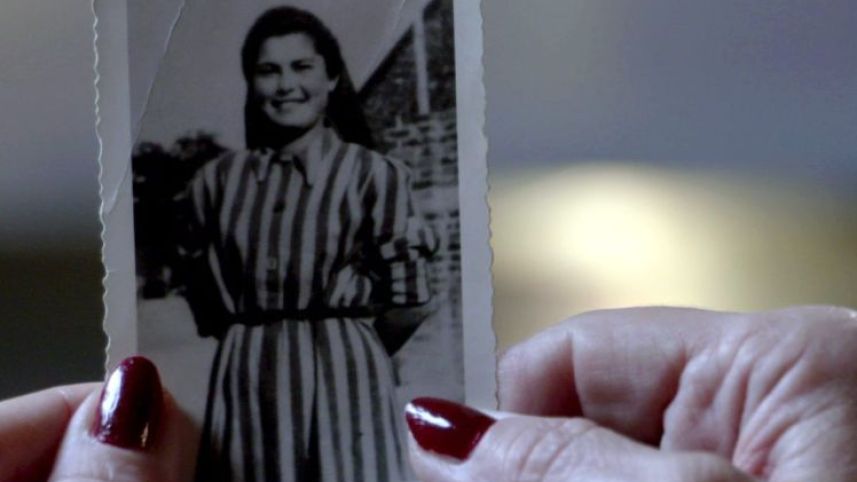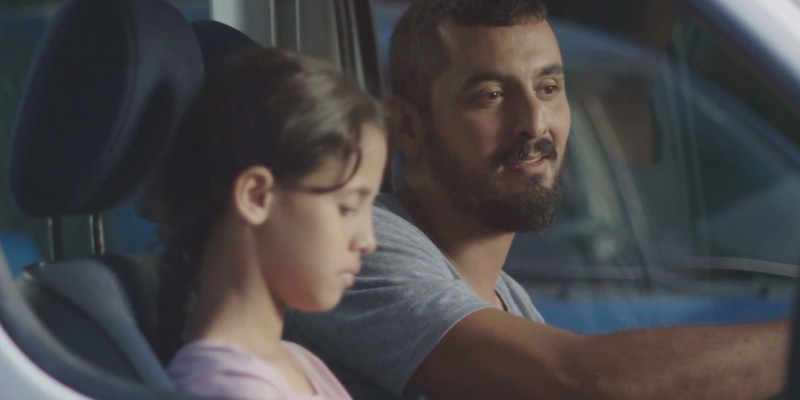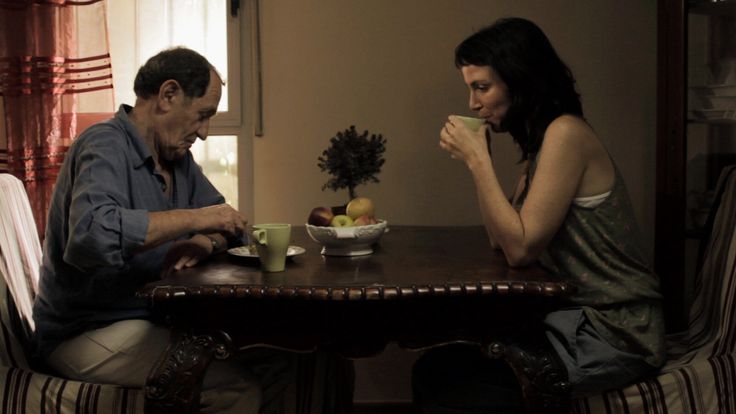This year the chosen films represent not only life in contemporary Israel for both Arabs and Jews, but also a documentary and a surrealist feature. There’s no doubting the creativity and originality of the work and it’s not surprising that previous entries and their directors have gone on to be recognised internationally.
Lior Geller’s Roads holds the Guinness World Record as the most highly-decorated student film of all time, and earned Lior an Academy Award nomination for Best Foreign Student Film. The story follows 13-year-old Ismayil, who is searching for a new life for himself and his younger brother outside the Arab slums of the city of Lod. When a traumatised Israeli ex-soldier comes to the neighbourhood looking for drugs to escape his own reality, an unusual opportunity arises. Geller spares no one in this bleak look at life in the underbelly of Israel.
Maya Sarfaty received a gold medal at the US Academy Awards for her documentary The Most Beautiful Woman. Beneath the appealing title lies the story of a love affair between an SS guard and a young Jewish woman at Auschwitz death camp. It's based on the true story of Franz Wunsch, a guard who fell in love with Helena Citronova, a prisoner from Slovakia. In return for Helena’s affection, Wunsch saved the young woman and her sister Rosa from certain death, though he could not save Rosinka’s two children. Sarfaty documents with tact and empathy the heart-breaking choices faced by the sisters and the effects on them over the decades; and with equal tact and great tenderness the surprising relationship between Wunsch’s daughter and the children of Helena and Rosa as she shares their meeting in Israel. She captures beautifully and poignantly the bravery of these women as they look into their joined past.
Keys is the modern-life comedy offering by Hadar Reichman. Aziz and his sister live in the mixed Jewish-Arab city Lod, where Aziz tries to teach his sister not to be afraid of Jews. On Saturday two Jewish neighbours ask Aziz to act as their Shabbas Goy (a non Jew who performs an action forbidden to a Jew on the Sabbath) and move their blocked car. Aziz wants to teach his sister not to be afraid of Jews, but the Jewish wife is afraid to give the keys to an Arab. Neither side comes out well from the exchange.
Finally, Nadav Direktor's The Egg explores the surreal experience that Noa undergoes to become a mother. When her husband leaves on a business trip, she thinks she is having a miscarriage. Too afraid to tell her husband the bad news, Noa nurses a strange egg into a beastly hatchling. Is it all in her mind or is there something more sinister going on? You may have to look away even as you choke back horrified laughter, but the originality of this rich little short, which includes a brilliantly designed and manipulated puppet in its cast, proves that Direktor lives up to the nominative determinism of his name.
"Pursuing the unknown" is TAU Trust's tag line and this 10th anniversary showcase certainly lives up to that aspiration.
By Judi Herman




